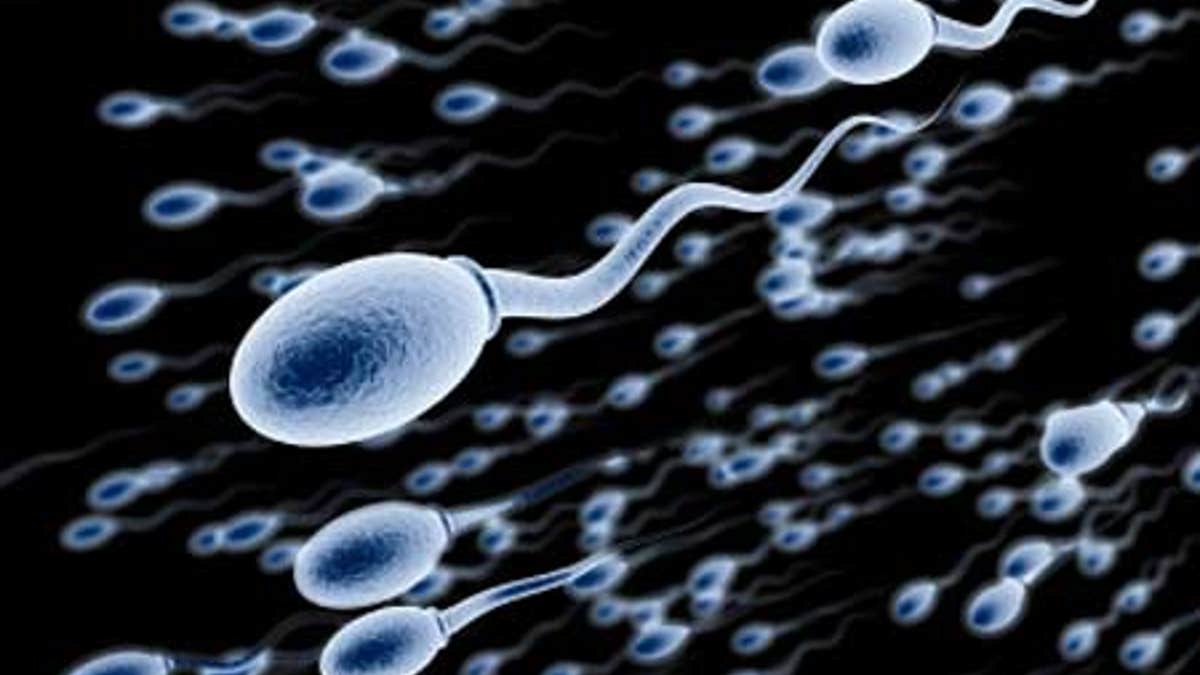
The suspect is dead, the fertility clinic where he reportedly replaced a customer's sperm with his own no longer operates, and the clinic left behind no records that might show the extent of the scandal, the University of Utah said Tuesday.
A university hotline has fielded 17 calls in recent days about possible tampering of semen samples at the fertility clinic once operated by faculty members.
Yet officials say they may never get to the bottom of a complaint that a convicted felon working as a medical technologist at the clinic two decades ago switched his sperm, leaving a woman who is now 21 asking, "Who am I?"
University officials say they're stumped because the mix-up happened in 1991, the clinic shut down some time in the 1990s, and the suspect died in 1999.
"Unfortunately, the reality of this very disturbing situation is that there is very little information with which to make any definitive conclusions," Kathy Wilets, a spokeswoman for the University of Utah's health sciences division, told The Associated Press in a statement.
She added: "We believe it is impossible to determine exactly what happened. The university is sympathetic to the distress this situation has caused the Branum family."
State and federal prosecutors said they were unaware of the nearly year-old allegation and weren't certain it warranted an investigation.
Pamela Branum, the mother of the 21-year-old woman, has said she and her husband discovered a genetic mismatch in their daughter and were able to trace her lineage with help from relatives of the now-deceased fertility clinic worker, Thomas Ray Lippert.
Branum said she believes the university hasn't conducted a serious investigation and is stonewalling to conceal the possibility of a wider scandal.
Wilets said the university is sharing as much information as it can offer the family.
The University of Utah had no ownership interest in the clinic, Reproductive Medical Technologies, but used some of its services. Three of the clinic's owners were faculty or staff members, and surviving partners have declined to comment.
The U.S. Food & Drug Administration regulates fertility clinics but said it has been only a decade since regulations governing the handling and storage of reproductive tissues started taking effect, long after the Utah clinic shut down.
Most of the regulations are designed to prevent the transmission of infectious diseases, and semen banks are supposed to clearly mark samples so they can't get mixed up, FDA spokeswoman Jennifer Rodriguez said.
The University of Utah is offering free paternity testing to anyone who used the Utah clinic. They say it appears Lippert worked there from 1988 until the mid- or late-1990s.
"It was hard at first, to think, `Who am I?'" the family's daughter told CBS affiliate KUTV. "I thought I was this person (of) my mom and my dad. Now, my dad is not my biological father. Who am I?"
